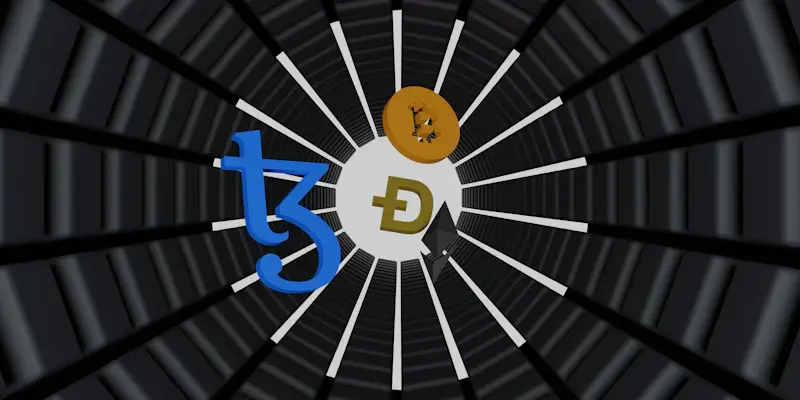The rapid advancements in technology have given rise to countless tools and methodologies that can either safeguard information or expose it to the public. Recently, a significant scandal erupted involving the alleged compromise of US national security via a private chat on the messaging app Signal.The situation raised an essential question: How can one prove the occurrence of national security leaks without further disclosing sensitive information? This is where blockchain technology could play a crucial role with its unique capabilities.
Cryptographic Hashes and Reliable Timestamps
At the heart of leveraging blockchain to prove facts without disclosure lies the methodology of cryptographic hashes combined with reliable timestamps. These two elements work in tandem to provide a robust proof of existence mechanism. Cryptographic hashes are mathematical functions that convert an input message into a fixed-length string of characters, which appear random. Changing even a single character in the input will yield a dramatically different hash, making it an effective tool for verifying data integrity. When paired with reliable timestamps provided by blockchain technology, these hashes can serve as indisputable records that a particular piece of information existed at a precise moment in time.
A practical application involves generating a cryptographic hash of sensitive information and then publishing this hash on a blockchain.This hash acts as a fingerprint of the original data without revealing its content. Because the blockchain is decentralized and immutable, the timestamp associated with the hash cannot be tampered with. This ensures that the information’s existence is verified without requiring the underlying data to be disclosed publicly. For journalists working on sensitive stories, this method allows them to confirm that they had access to classified information at a specific time without revealing any details prematurely.
Blockchain in Legal and Investigative Contexts
In legal and investigative contexts, presenting concrete evidence is paramount. However, when dealing with sensitive national security information, revealing the specifics can lead to further compromise and potential harm.Blockchain provides a solution through its decentralized and immutable nature. By recording hashes of essential evidence on the blockchain, investigators and journalists can create a verifiable trail that proves they possessed specific information at a given time. This method is particularly beneficial in scenarios where self-destructing messages, like those on Signal, make it challenging to retain solid proof.
Consider a court scenario where a journalist needs to prove they had access to sensitive information shared in a chat.By presenting the hash of the original message, they can demonstrate its existence without disclosing the contents. If any dispute arises regarding the message’s authenticity, comparing the hash against the blockchain can unequivocally verify its integrity. This process enhances credibility while safeguarding classified details, thereby striking a balance between transparency and confidentiality. Furthermore, it reduces the reliance on screenshots and other easily manipulated forms of digital evidence, offering a more reliable method of proof.
Implications for Journalists and Whistleblowers
For journalists and whistleblowers, the ability to prove their claims without disclosing sensitive data is invaluable. Blockchain technology empowers them to present solid evidence without endangering themselves or compromising national security. The process involves creating a hash of the pertinent information and publishing it on a blockchain, thereby establishing an immutable record that can later be used to verify the information’s authenticity and existence.This method not only safeguards the content but also the messenger, offering a layer of protection against potential repercussions.
The widespread adoption of this technology could revolutionize the field of investigative journalism and whistleblowing.It provides a trustworthy mechanism for presenting evidence while maintaining the confidentiality of the information. As blockchain technology continues to evolve, it may soon become a standard practice for proving the existence of sensitive data.This would encourage more individuals to come forward with critical information, knowing they have a secure and undebatable method to back up their claims without fear of exposing the specifics.
Future Considerations and Next Steps
Technological advancements have brought about numerous tools and methods to either protect information or expose it to the public eye. Recently, a major scandal broke out involving the suspected breach of US national security through a private chat on the messaging app Signal.This incident sparked a vital question: How can one demonstrate the occurrence of national security breaches without revealing more sensitive information in the process? This is where blockchain technology could be notably beneficial. With its distinctive features, blockchain offers a way to verify events and transactions without compromising confidentiality.It uses decentralized and tamper-proof ledgers that can be trusted to maintain the integrity of recorded data. By leveraging blockchain, sensitive information could be authenticated without being exposed to further risks.This technology’s ability to provide secure, transparent, and immutable records makes it an ideal solution for enhancing national security measures, helping monitor and prove leaks without additional disclosures.

